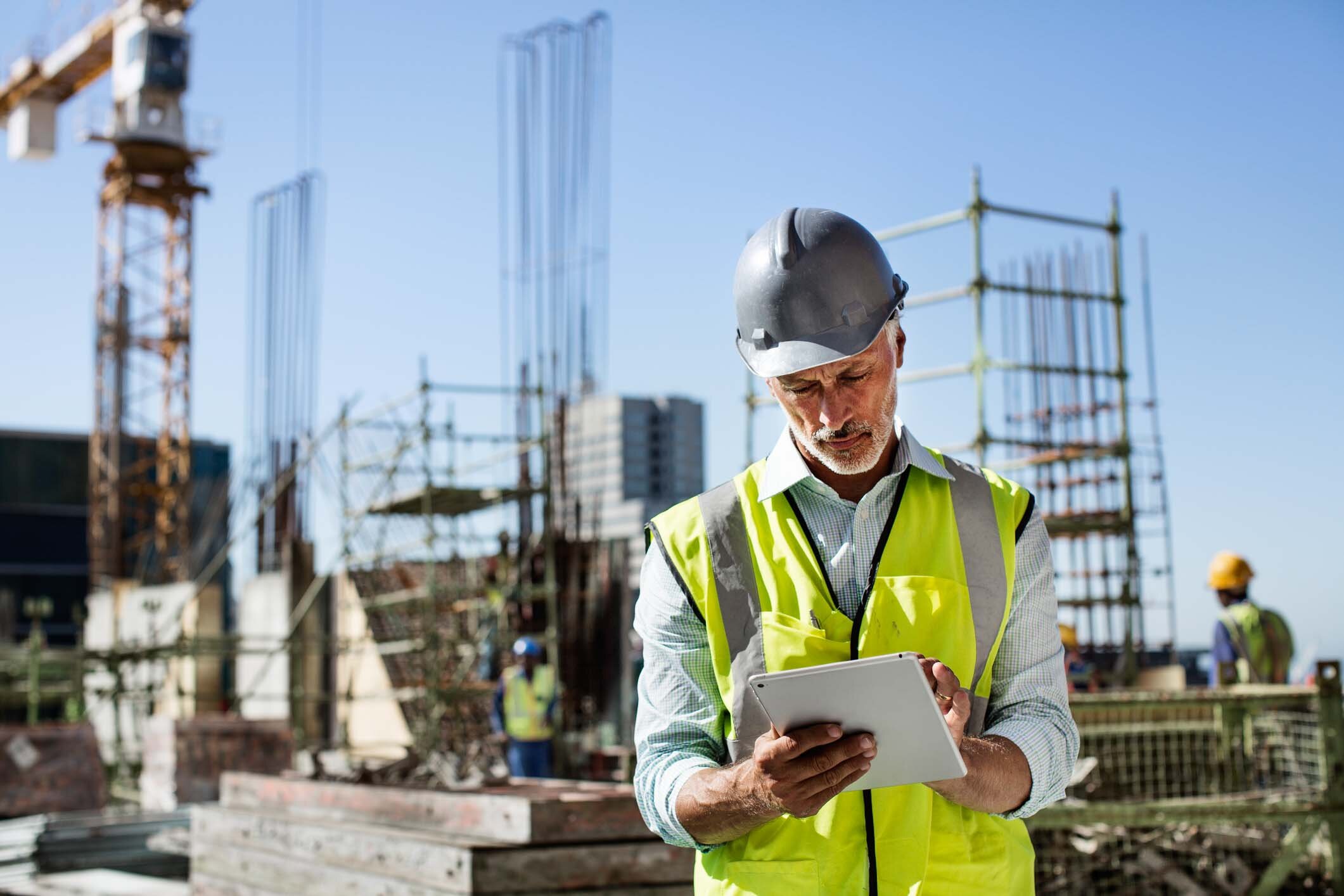With thanks to the CIOB, I recently presented at a breakfast briefing in Dubai which looked at progress with Building Information Modelling (BIM) and how this could best be embraced in the region. Those attending were looking to learn more about how BIM is working elsewhere and how it could help improve their own project outcomes. As always, the learning was a two-way experience, and I gained hugely from the event.
The UK has become something of a pioneer in pushing the BIM adoption curve. Having become a requirement on Government projects by 2016, the industry has already transformed. BIM has arrived.
There is much still to be done, but the pre-BIM era has ended. I was also able to talk about the 2025 Construction Strategy. This is a joint approach between the UK Government and the construction industry to deliver significant growth alongside savings in time, cost and carbon.
Multi-talented people, innovation, digital construction, sustainability, growth and clear leadership are key ingredients in the mix that has been outlined if we are to achieve the desired improvements – which, it was agreed, apply equally in the Middle East.
BIM will thrive on activity and excel within an open, engaging and collaborative environment. It also requires companies, probably individuals, to understand the potential BIM offers and to have the ability to embrace and drive change. One of the unresolved questions covered over breakfast was “who” should lead the transformation in the Middle East.
My own view on this is that any person who asks themselves this question is ideally placed to be part of that leadership. Don’t wait for permission. Talk to your colleagues and project partners and take a step forward, regardless of how big that step may seem.
There was also a chance to discuss the role played by collaboration and early engagement in achieving many of the benefits associated with BIM.
I often hear BIM described as being a process, perhaps to avoid triggering an underlying fear of technology. I think it is better described as a ‘technology-enabled process that is built on collaboration and early engagement’. Take out any one of these elements, and the benefits are greatly depreciated.
The truth is that most projects seem to find collaboration and early engagement harder to embrace than the technology.
The Middle East will gain significantly if the need for early engagement is pushed with a greater imperative than the delights of a 3-D walk-through model. Tim Cole, EVP - R&D
View video highlights of the event.
Follow Tim on Twitter.



